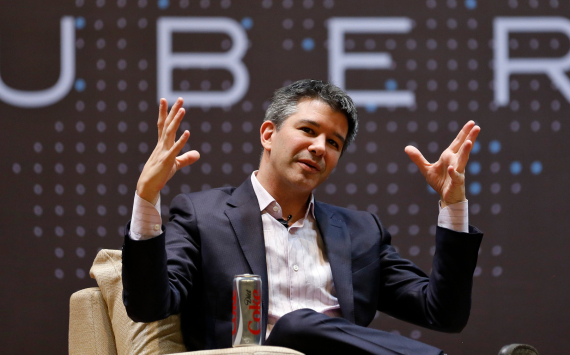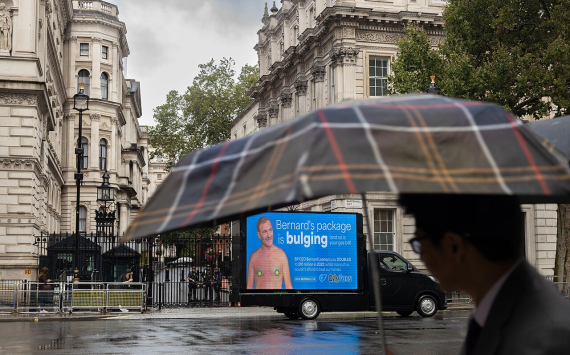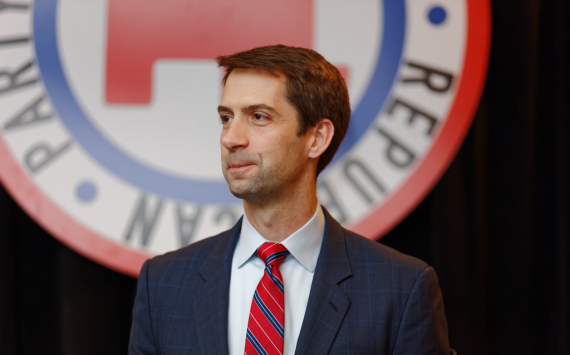
Uber shares after forecast
Uber (UBER) said it could make up to $25m in profit in the third quarter on the back of improvements in both its taxi and delivery services. Uber shares posted their strongest one-day gain since early 2021.
Uber (UBER) shares jumped 11.5% on Tuesday, gaining strong positive momentum after the company said it expects to post third-quarter profits on the back of growth in gross bookings for the taxi and delivery service.
The company shares have fallen 13% since the start of 2021, a trend that has been negative throughout the last quarter as investors have been frustrated by the company's low profitability and lack of meaningful earnings since its IPO on the NYSE in May 2019.
Uber lost a staggering $8.5bn in 2019, but last year it cut its losses by 20% to $6.8bn.
The company said in its filing with the SEC, the US Securities and Exchange Commission, that profitability is improving in both the taxi and Uber Eats delivery businesses.
The company now forecast total orders for all of its services for the third quarter in the range of $22.8bn to $23.2bn, up from a previous forecast of $22bn to $24bn.
Total orders in the second quarter were $21.5 billion. Delivery grew particularly fast during the pandemic, when people preferred to eat at home rather than in restaurants because of COVID-19.
Uber's competitor Lyft (LYFT) posted profits in the second quarter. However, Uber has a significant advantage in the form of a more developed delivery service, which could again make up for the loss of the taxi service if quarantine measures are reintroduced due to the new COVID-19 strain Delta outbreak.
A California judge struck down a law that allows companies to classify drivers (taxi, delivery) as hired contractors rather than full-time employees, which implies more meaningful social benefits. Supreme Court Justice Frank Roche said Ordinance 22, passed by 58% of California voters in November, was unenforceable and unconstitutional. Uber, Lyft, DoorDash (DASH) and other companies operating on the same business model then invested over $200 million in support of Proposition 22, but now the issue of employee classification is back on the table.
Among delivery companies in the US market, hiring and pay growth also remain an issue.












































